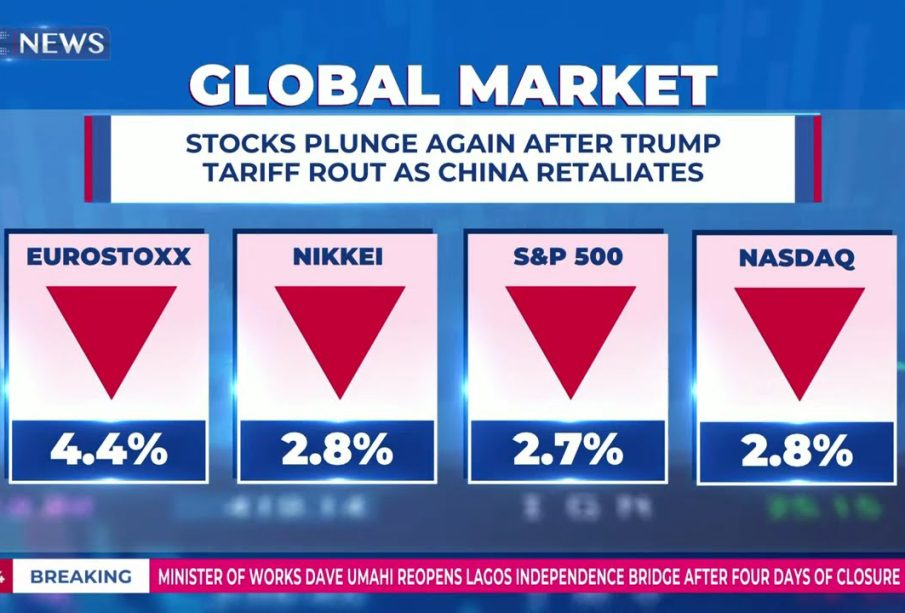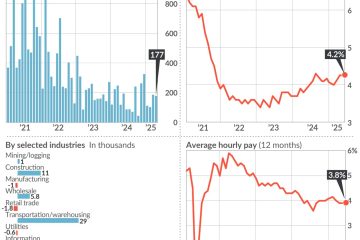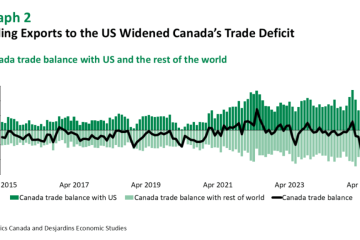The Impact of China Tariffs on Global Trade Dynamics

Introduction
China tariffs have increasingly become a significant concern for businesses and governments worldwide, especially amid fluctuating global trade relationships. Tariffs imposed on imported goods from China not only affect the economy of the world’s second-largest economy but also have far-reaching implications for international trade dynamics. As nations respond to these tariff policies, understanding their impact is critical for businesses and policymakers alike.
Recent Developments in China Tariff Policies
In response to ongoing economic pressures and changing trade agreements, the Chinese government has re-evaluated its tariff strategies. In the past year, the United States and China have experienced shifts in tariffs related to various goods, including electronics, agricultural products, and industrial machinery. For instance, the Biden administration recently announced a reconsideration of tariffs on Chinese imports, which could lower costs for American consumers and businesses.
Data from the U.S. Census Bureau indicates that U.S. imports from China decreased by 9.1% in June 2023 compared to the previous year, driven largely by the implementation of tariffs and subsequent price adjustments. Meanwhile, some sectors, such as technology and agriculture, have been particularly hard-hit, leading to calls for renewed negotiations between the two nations.
Global Repercussions
The ramifications of these tariffs extend beyond China and the United States. Countries reliant on imports and exports from these two economies are feeling the impact, with increased freight costs and supply chain disruptions being reported. For instance, manufacturers in countries like Mexico and Vietnam are experiencing a surge in demand as companies seek alternative sources to avoid tariffs on Chinese goods. This shift may bolster economies in other regions but signifies potential long-term challenges for countries heavily invested in Chinese trade.
Conclusion
The implications of China tariffs are extensive, influencing not only economic relations between China and the U.S. but also affecting markets globally. As companies navigate these changes, it’s crucial for stakeholders to stay informed of evolving policies to devise strategies that mitigate risks and leverage opportunities. With speculation surrounding future tariff adjustments and potential trade negotiations, businesses should prepare for an unpredictable landscape. The ongoing dialogue about tariffs will be vital in shaping economic strategies and international relations in the years to come.









